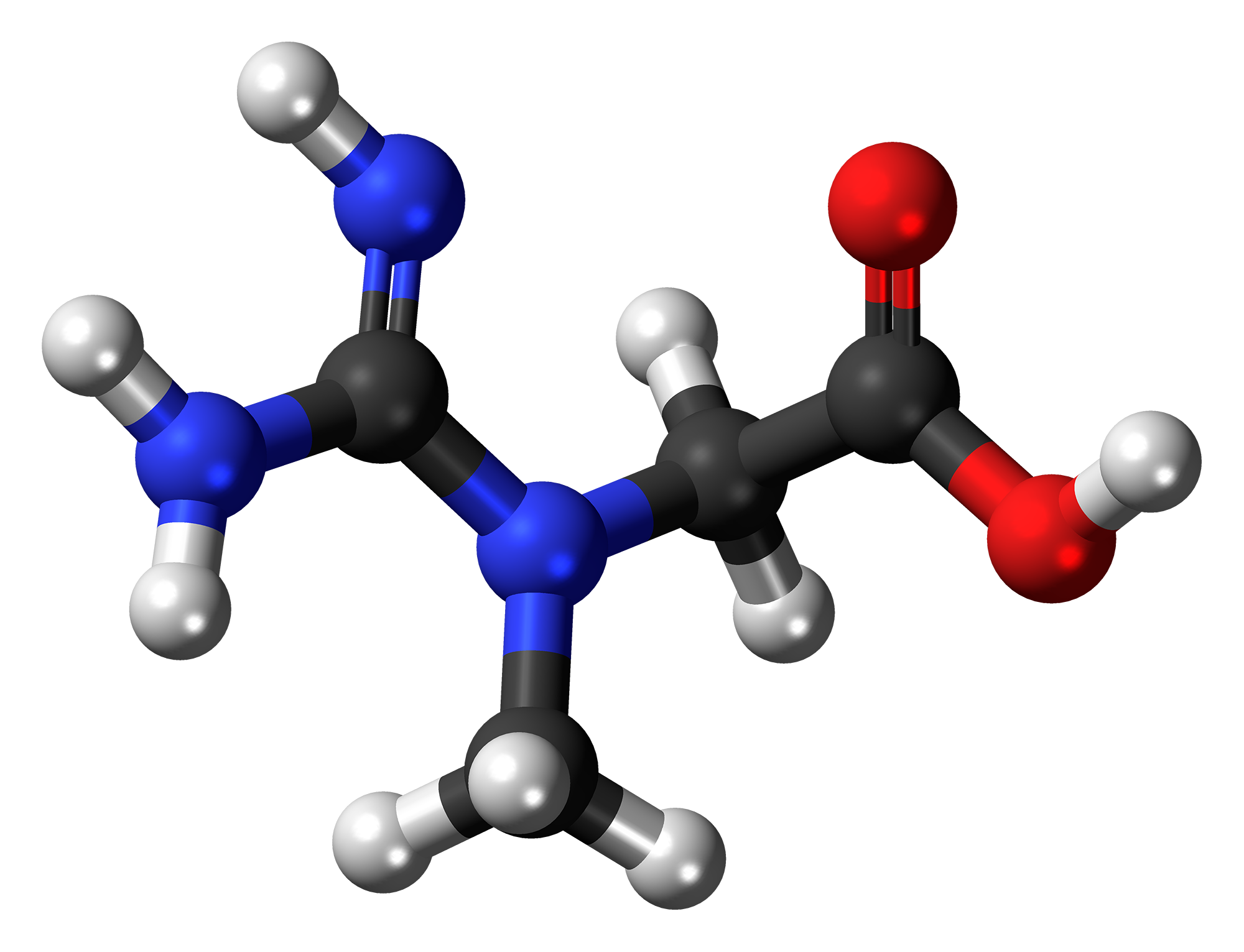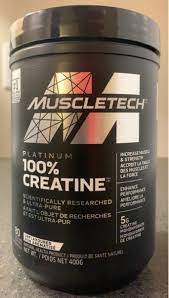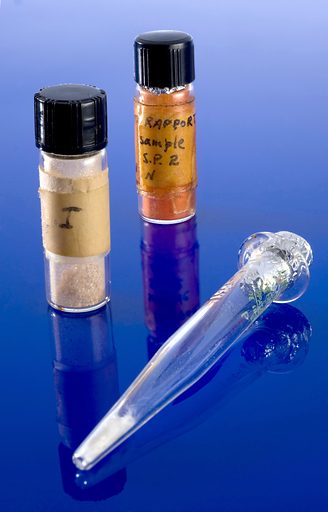Summary
– Creatinine: what is it?
– Interpreting creatinine levels
– What can you do to keep your kidneys healthy?
– Creatine intake in the form of food supplements
You know creatinine mainly because it appears on your blood test… but what is it? What is it used for? What is its average level? This post will bring you the answers below.
Creatinine: what is it?

Creatinine comes from the breakdown of creatine. It is a protein made by the liver and stored in the muscles used for energy production. This protein is degraded into creatinine at the time of its use by the muscles.
This is called a “metabolite” and is carried in the blood, filtered by the kidneys, and eliminated in the urine.
What is creatinine used for?
Assessing creatinine levels, either in blood or in urine, is a way of evaluating kidney function and possibly highlighting a dysfunction in kidney filtration. This can be very useful for assessing kidney disease and monitoring its progress.
How is creatinine assessed?
The creatinine level is determined by a blood test or a 24-hour urine test.
These tests are done in a medical laboratory.
Interpreting creatinine levels
Normal or abnormal?
The following values are considered normal:
– in blood:
◦ in men: 65 to 120 μmol per liter;
◦ in women: from 50 to 100 μmol per liter;
– in urine:
◦ in men: from 9 to 18 nmol;
◦ in women: from 8 to 16 nmol.
Note: for some people, a complimentary test may be necessary. This is calculated from the collection of urine for 24 hours and can provide information on the cause of renal failure.
What can cause creatinine to change at an average level?
When the kidneys are working well, blood creatinine levels are pretty stable. However, it varies with age, gender, amount of water drunk, and health status.
There are several reasons why creatinine levels may rise:
– in athletes: since creatinine reflects the work of the muscles, athletes work more intensely, degrading more creatine and therefore producing more creatinine;
– depending on the diet: a diet rich in protein will increase creatinine production;
– in premature babies;
– in the elderly;
– after taking oral contraceptives.
Similarly, there are various reasons why creatinine levels may drop but remain normal, including when taking certain medications (antibiotics, non-steroidal anti-inflammatory drugs, anti-epileptics).
Please note: Some antibiotics can lower creatinine while causing kidney damage.
Conditions that affect creatinine
We have seen that poor renal filtration leads to an increase in creatinine. Other pathologies can have the same effect on blood creatinine levels:
– leukemia, gout, hyperthyroidism, acromegaly, hypertension, heart failure;
– premature birth;
– pre-eclampsia.
In people with myopathy (which causes muscle atrophy), there will be a decrease in blood creatinine levels.
What can I do to keep my kidneys healthy?
There are several things you can do to keep your kidneys healthy:
– limit salt because it causes high blood pressure;
– Drink enough water with low mineral content to help your kidneys work better;
– watch your blood sugar level because diabetes often leads to kidney failure;
– Stop smoking, as it degrades renal function more rapidly.
Creatinine is a reflection of kidney function, and, more specifically, its measurement is a valuable tool for monitoring the health of the kidneys or kidney pathologies when they are detected.
It is still essential to be careful with prescribed medications and always inform your doctor of current treatments since many drugs can change creatinine levels and even alter renal function.
Creatine intake in the form of food supplements

Food supplements containing creatine are intended to increase muscle mass. However, they can have severe side effects: cardiac disorders (tachycardia, arrhythmia, and stroke) and mental disorders.
Thus, the FDA (Food and Drug Administration) recommends the greatest caution to people:
– with cardiovascular risks or who suffer from a cardiac pathology;
– who have renal insufficiency;
– who have liver problems;
– who suffer from psychiatric problems;
– Pregnant or breastfeeding.
Good to know: creatine consumption can lead to positive anti-doping tests.


